Going There: Goodbye to a good guy
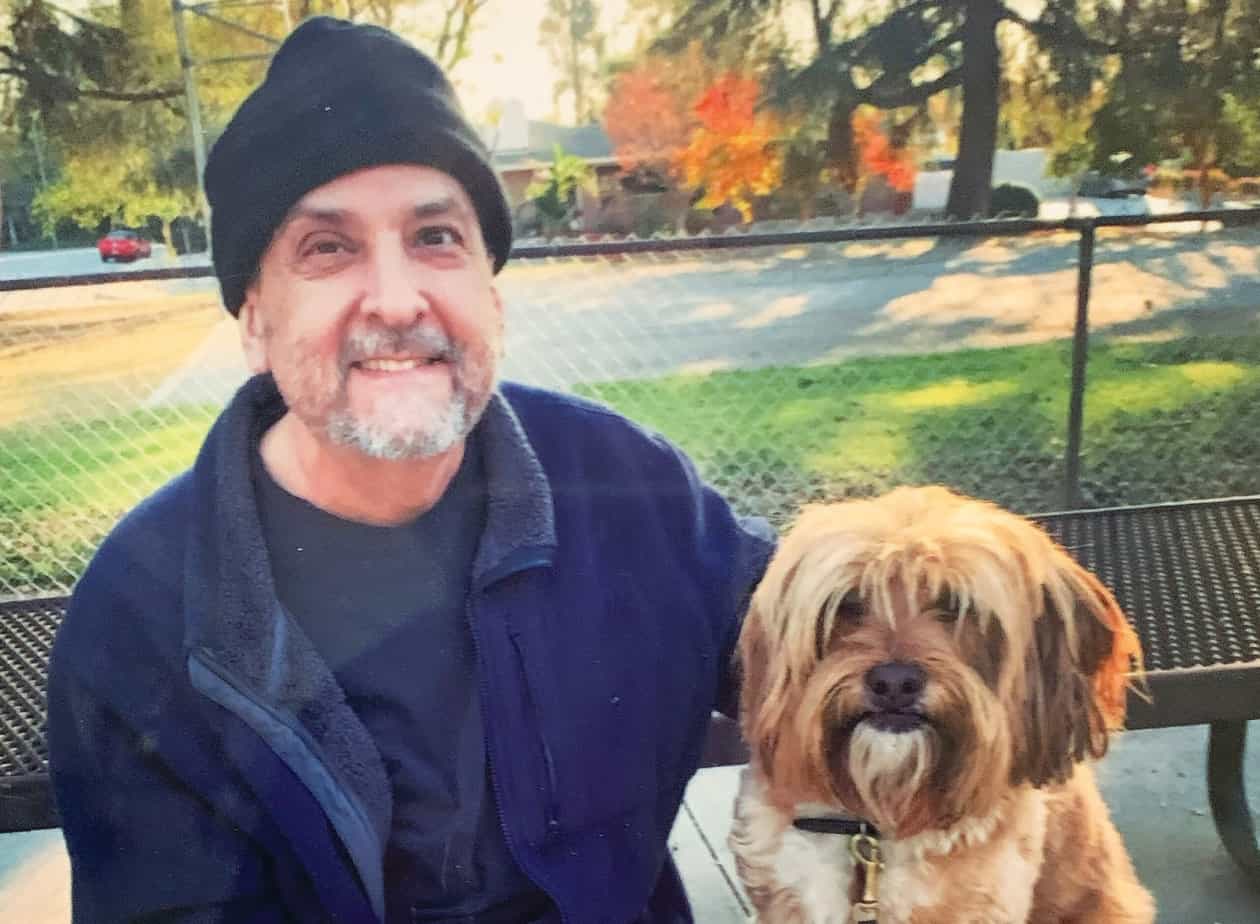
The late Scott Quackenbos and Finnegan, close friend Joel Huschle’s dog. Photo courtesy of Joel Huschle
by Mick Rhodes | editor@claremont-courier.com
Late Sunday evening I said a final goodbye to my friend Scott Quackenbos. His sweet, immeasurably strong mother Nancy was holding her son’s hand at the family home in Claremont. He’d been non-responsive since early that day.
“He should be the one holding my hand,” she told me.
Indeed.
Scott died from pancreatic cancer a few hours later. He was young, just 57, a friend to so many, and a Claremont guy through-and-through.
I wrote about Scott in 2016 after he was diagnosed, and a group of his close friends put together a benefit show at Last Name Brewing. I’d recently lost my aunt who was in her 70s to the same disease. She was diagnosed in June and gone in August.
Scott managed six mostly good years post diagnosis, obliterating all prognoses.
In my biased opinion, his care at City of Hope (for which he had mixed reviews), and most importantly his vigor, strength, intelligence and good humor kept him with us for so long.
People say of the dead, “He/she never complained.” I’m not sure that’s a trait worth bragging on when it comes to brutal diagnoses like pancreatic cancer, which takes about 50,000 Americans every year.
Though rare, Scott allowed himself occasional micro-outbursts about/at his illness and its cruel randomness. The discussions were usually about him trying to outsmart, outguess, or otherwise wring more time from it. He was neither filled with gloom nor blindly optimistic: he was both, each tempered by a delicious streak of dark humor.
After his 2016 diagnosis, his periodic Facebook posts served as updates for friends who weren’t in close contact. They showed him to be an excellent writer: vulnerable, intelligent, very funny, and direct. Not surprisingly, these are the very traits that drew so many to Scott in real life as well.
He was refreshingly candid about what was going on with him, both within his body, which grew increasingly frail over the past year, and deeper down. He was forever worried about time: how much he had left, and how much he could realistically give to those who wanted it.
And there were a lot of us who wanted time with Scott.
Though we were good friends, I was just one of many in his outer orbit. He had an intensely dedicated, decades-old cluster of close friends who’d known him since high school or earlier. He talked about and worried over many of them at our regular breakfast gab fests every week or three over the past year. It was touching to hear him — while downing a Diet Coke and two coffees, apparently immune to caffeine in his highly medicated state — explain to this relative outsider how much this lucky clutch of close friends meant to him. It was a masterclass in both humility and deep friendship to see someone literally withering away wonder how he might do more to help them deal with their troubles.
When a mutual friend died from COVID last year, Scott spent hours talking about all the crazy stuff they’d done as kids. He was also angry with him — our friend was reportedly unvaccinated — for dying from something that was easily preventable. But that anger didn’t consume much airtime. He talked at length, over multiple weeks following his death, about what a good, kind man our friend had been, and how he was misunderstood.
Scott was like that: he saw the good and ignored the noise.
He was a smart, witty, interesting cat. Again, I wasn’t part of his inner circle, but the face he showed me always had a smile, even when he was recounting the latest indignation he’d suffered as the disease progressed. We talked about big and small stuff, and he had a lot to say about all of it.
He worried about being kind to the people around him as his days, by his own admission, dwindled. I’d laugh and tell him to be selfish, do what he wanted to do, that his innate goodness would sort it out.
We talked about hospice care several times over the past few months. At first it was in the abstract (“For down the line”), but last Wednesday I sent him a text asking if he was up for a coffee later in the week. He got back right away: “I am not. It might be a while. Rough shape right now. Congratulations on the new job. Super excited for you.” That was just like Scott, deflecting from him and making it about you. He went on: “Hospice coming in tomorrow. Hopefully they can help.”
If I’d known this was to be our last discussion, that he wasn’t going to bounce back as he’d done so many times before, I would have just brought him a coffee and dropped it at his door with a note telling him how much I admired and loved him. But we rarely get that luxury when people die.
On Sunday night, I leaned in close to his ear and told him these things. Nancy said, “See there; his hand moved when you were saying that. He hears us.”
I think Nancy was right.
And if he did hear me and the parade of much more important people in his life who whispered in his ear Sunday, I hope Scott went out knowing he was a good man who was loved widely and intensely. And I hope that knowledge helped him to fear his journey a little less.



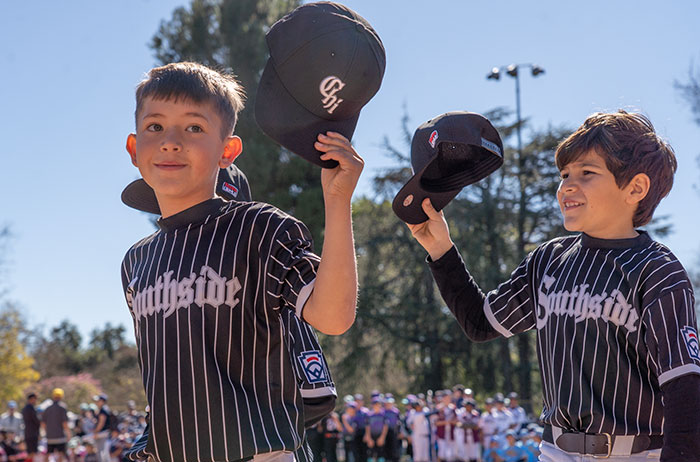
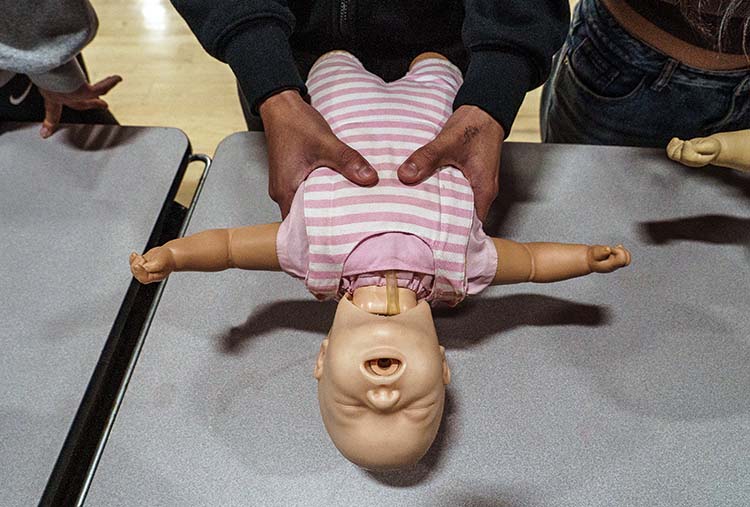
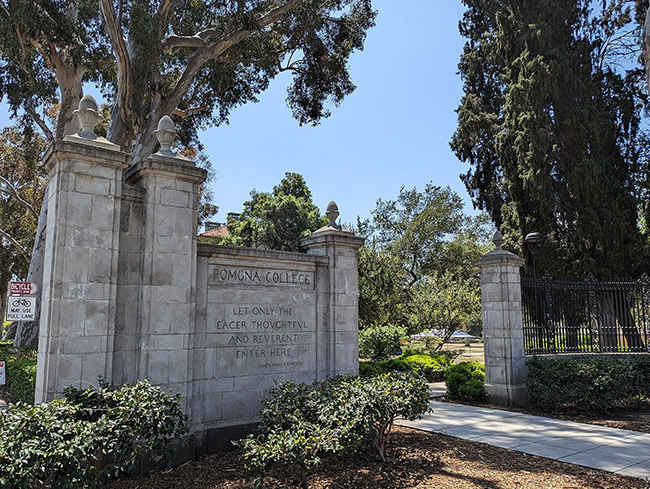

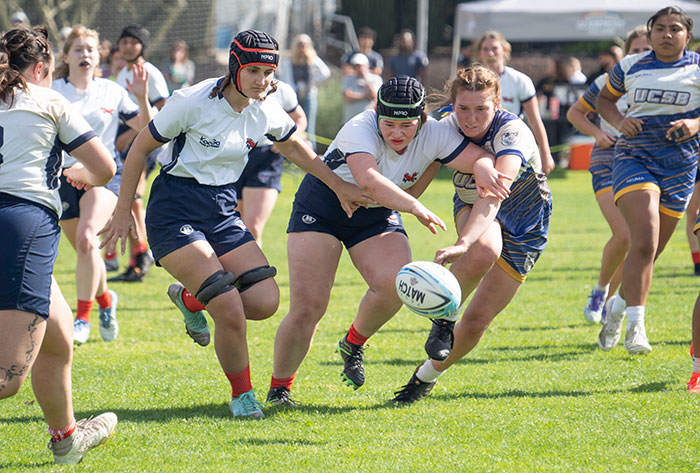
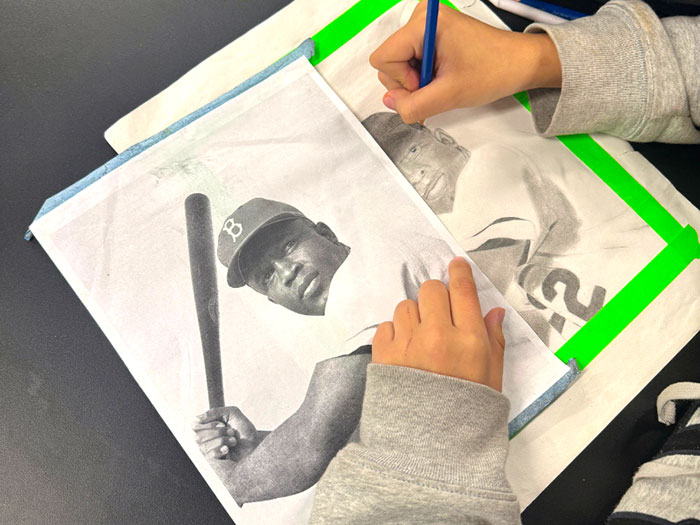

0 Comments